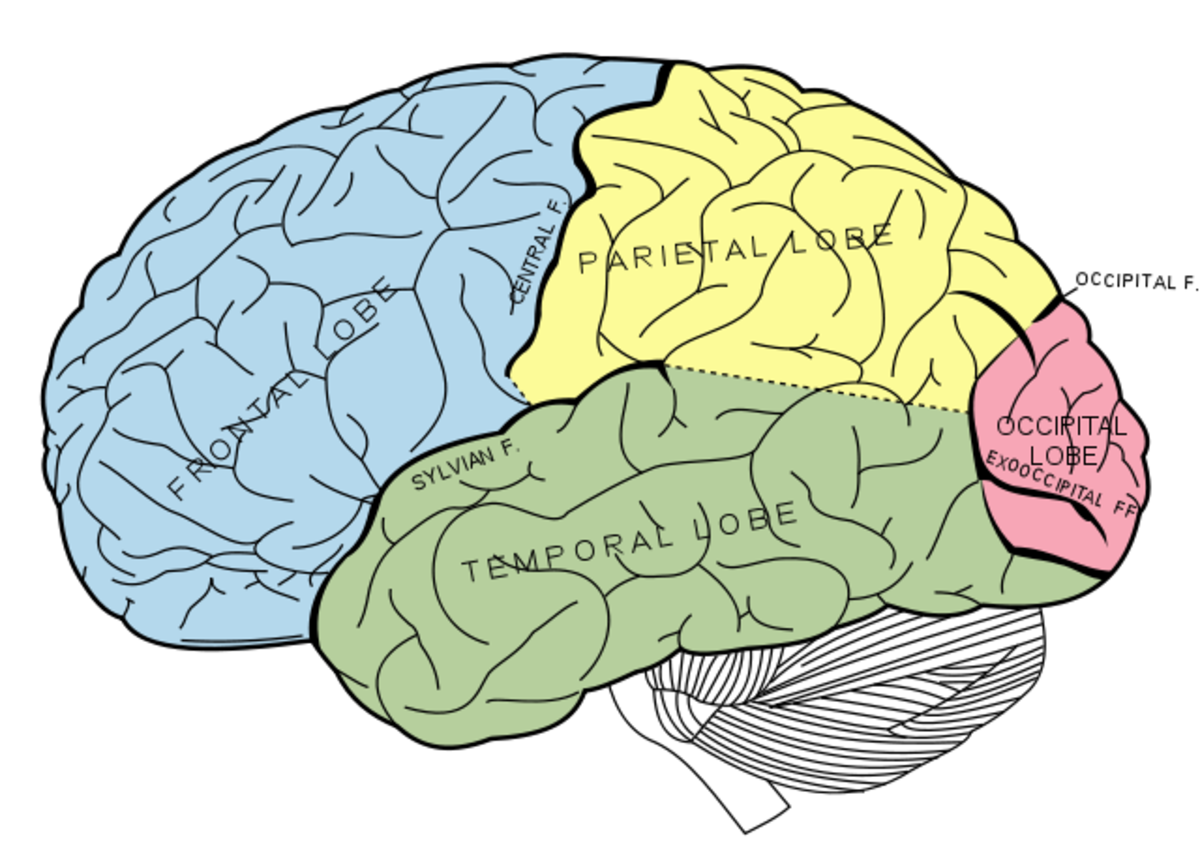Short Term Memory: Capacity, Chunking and the experiments of Peterson & Peterson
Stop for a second, and be silent. What can you hear? Your computer buzzing? Cars screeching? People talking? TV?
Look more deeply at what's around you. Has one of your computer speakers fallen over? Do your keyboard keys have food in them? Does your desk have lots of clutter on it? Is there someone creepy standing silently behind you?
Inhale. What can you smell? Smelly feet? Dinner cooking? Freshly cut grass? Lollies? A burning smell from inside your computer? If your computer smells like it's burning, please stop reading and turn it off. If not, let's continue.
All around you at any time is many different pieces of information. Even though we may not be aware until we focus on it, all of this is registered by our memory. Memory "sensors" notice the information, process it, and then discard it within seconds if you do not pay special attention to it, the reason being that there is simply too much information to store it all in the short term memory.

As soon as you become consciously aware of something, it becomes part of your short term memory. Short term memory holds a limited amount of information for a short period of time, which is generally all gone by thirty seconds, with most of the information disappearing within twenty seconds. For example, if you were walking along a street, you may notice a shop name on a sign outside the shop. Half a minute later, if a friend were to ask you what the shop name was, chances are you would not be able to recall the information.
Short term memory has a limited capacity, with the general rule being 7± 2. This means that most people can retain 7 plus or minus 2 pieces of information in their short term memory, so 5-9 pieces of information.
For example, read through the following list of numbers one at a time, and then without looking back at the screen write down the numbers or say them aloud.
4, 9, 1, 4, 2, 7, 3, 8, 1, 8, 2, 8, 4
Most people would be able to recall 7 numbers. Nearly all results would fall between 5-9 though.
Information in the STM is lost when it stops being rehearsed and fades away. For example, if I gave you 7 letters and told you to repeat them over and over, they would last in your memory longer.
It can also be lost be being 'pushed out' by new information.
Without looking back at the numbers I gave you before, write them down now. Did you still remember the same amount of numbers, or did they fade away or be replaced by new information?
Another example of decay in short term memory would be if you were having a conversation with someone and while they were talking a great idea pops into your head, but by the time it is your turn to speak, you have forgotten it.

Peterson and Peterson: Trigrams Experiment on Short Term Memory
American psychologists Margaret and Lloyd Peterson conducted one of the most influential experiments about the duration of memory using trigrams.
A trigram is a group of three meaningless letters, such as jfz, lgj or zjl (unless, according to google, you're a reader of Law of the Game on Joystiq, a column about video games and laws. In that case, you would need a different trigram because the letters have meaning to you and that would affect the experiment results).
After memorising the trigrams, participants were distracted by a new task which required them to count backwards by threes from a 3 digit number. (for example, 878, 875, 872...) this prevented rehearsal of the letters, which would change the results of the experiment.
After completing the counting task for 3-18 seconds, participants were signalled by a light to start recalling the trigrams. The results of the experiment showed clearly that the longer the delay between memorising the trigrams and recalling the trigrams, the less trigrams were correctly remembered.
When participants were not required to count backwards, they were able to recall more of the trigrams. A plausible explanation for this could be that they were rehearsing the items in their head, which would have resulted in it staying longer in the short term memory.
How To Improve Your Short Term Memory: Chunking
Chunking is a technique to improve your short term memory by grouping more than one piece of information together. For example, try memorising this (there is no chunking involved)
V R W O P Q S F H W Q U
Now try to recall them.
Unless you are some kind of supercomputer, or have a photographic memory, chances are you weren't successful in remembering all of them.
Now try memorising the groups of three letters below.
POW QOQ VSH RFW
And recall them now.
Were you better at memorising the second set? Generally people are better, because even though they are exactly the same letters as before, they have now been packed into only four pieces of information, which is easier to remember than the original twelve pieces of information.
Chunking is the reason that numbers on your credit cards, phone numbers, and other big numbers are broken up into smaller sections.








